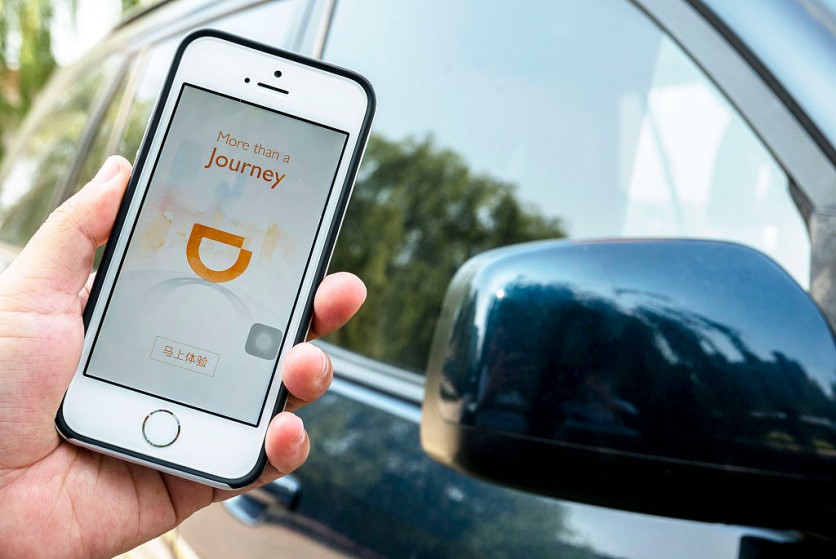
Didi, a Chinese vehicle hire company, is now struggling as its shares fell more than 6% on July 2 after a major IPO victory. This came after China announced it would investigate its cybersecurity system.
Didi Under Investigation
According to China's official announcement, the new users will not register for Didi's ride-hailing service during China's cybersecurity review.
China's decision comes two days after Didi held its internal public offering or IPO on the New York Stock Exchange. The stock was positioned to show another day of gains after closing up to 16% on July 1, according to The Wall Street Journal.
The shares of Didi had increased 5% in premarket trading before China released its review announcement.
Didi said that it would cooperate during the review. A spokesperson told CNBC through email that the company plans to examine its cybersecurity risks comprehensively. It will continuously improve its cybersecurity systems and technology capacities.
China's review announcement also shows a broader trend of the country's regulatory crackdown on technology companies based there that were once loosely regulated.
Reuters reported back in June that Chinese regulators were investigating Didi for antitrust violations. China is also looking into Didi's pricing mechanism to ensure fair pricing.
In 2020, Ant Group's IPO in Hong Kong and Shanghai was delayed after Chinese regulators stepped in and interviewed the company's top executives, including billionaire Jack Ma.
The Chinese regulators hit Alibaba with a $2.8 billion fine in April, saying the company had abused its market dominance and prevented small businesses from thriving in the industry.
Didi had warned in its IPO prospectus that it met with regulators this year, together with several other Chinese internet companies.
Didi said that it might be subject to penalties, as Chinese regulatory bodies might not be satisfied with their inspection results.
The company noted in its prospectus that they couldn't assure their investors that the Chinese regulatory authorities will be satisfied with their self-inspection results or that they will not be subject to any penalty with respect to any violations of anti-unfair competition, pricing, anti-monopoly, privacy protection, advertisement, product quality, food safety, tax and other law and regulations.
Didi expects that these areas will receive better and continued attention from the Chinese regulators and the general public going forward.
Didi's Promising Debut
Didi's debut on June 30 was the biggest listing by a Chinese company in the United States market since Alibaba Group Holding Ltd in 2014.
Didi had aimed to raise up to $10 million through its IPO to value the company at $100 billion. But investors were critical of the valuation target during meetings before launching the deal, which pushed its size down.
Didi was originally named Didi Dache, founded in 2012 by Cheng Wei, and Alibaba, Tencent, and Uber back it. It has 493 million active riders annually, and it records 41 million transactions every day.
Didi started expanding internationally in 2018, and the company now operates in 14 countries outside of China. Aside from ride-hailing, Didi is heavily invested in making autonomous taxis possible, and it operates several segments around mobility.
Related Article : DiDi, China's Ride-Hailing Leader, to Distribute COVID-19 Vaccine to 13 Other Countries with $10M Global Fund
This article is owned by Tech Times
Written by Sophie Webster

![Apple Watch Series 10 [GPS 42mm]](https://d.techtimes.com/en/full/453899/apple-watch-series-10-gps-42mm.jpg?w=184&h=103&f=9fb3c2ea2db928c663d1d2eadbcb3e52)


